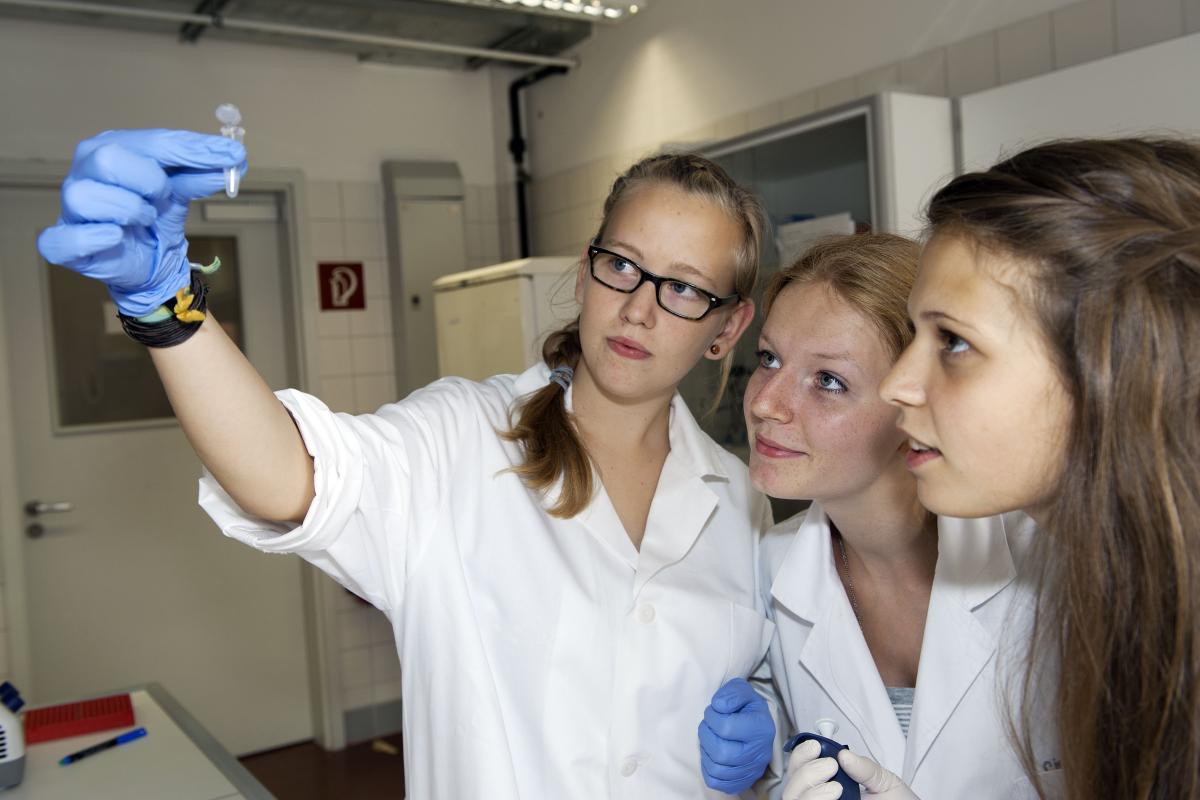The latest techniques of genetic engineering offer much to talk about. Influential genetic scissors are mentioned, which are able to affect our image of environment as our self-image in the genus. Because processes such as CRISPR-CAS-9 have potentially influence on the question of how we feed ourselves in the future, how we define health and disease, more generally: in what world we want to live, the so-called genome editing is not only a scientific issue. Last but not least, the connectivity in everyday life issues rather requires a confrontation with socio-political negotiation processes. What is the role of the argument of “nature”, "naturalness"? What kind of "usefulness"? What reasons are crucial for consumers? Which for patients? How does the current debate differs from the heated arguments that genetic engineering of crops caused?
These questions are the subject of a research project at the Museum für Naturkunde Berlin. This research project is part of the interdisciplinary and funded by the Federal Ministry of Education and Research (BMBF) joint project GenomELECTION, which focuses on ethical, legal and scientific communication aspects in the field of molecular medicine and crop breeding.
The project at the Museum for Natural Science asks for the influence of practical experience on the perception of these technologies. The active Do-It-Yourself biology scene, which tests beyond the established science procedures and discusses results in a publicly effective manner, can be revealing. The project instigates via participatory development offers a place for an open-ended dialogue between scientific, social and political actors. Together with Prof. Tobias Nettke, University of Applied Sciences and Technology (HTW) and member of the scientific advisory board of the association, the change of knowledge and perception is subject to an examination depending on the approaches of scientific communication.
Partner
University of Applied Science Berlin (HTW Berlin)
Martin-Luther-Universität Halle-Wittenberg
Funding
Bundesministerium für Bildung und Forschung (BMBF)
DLR Project Management Agency


